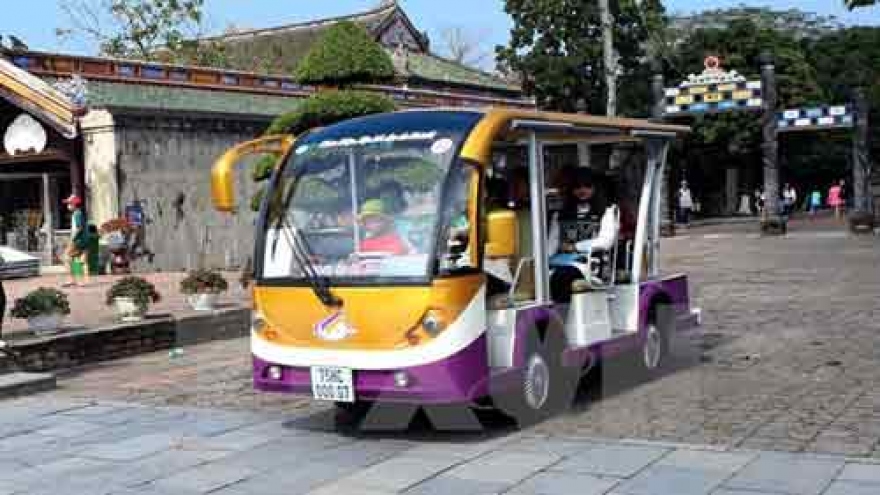Vietnamese consumers open to buying electric vehicles
Up to 33% of Vietnamese buyers are open to considering an electric vehicle (EV) as their next car, demonstrating the country’s strong potential to speed up the electrification of automobiles.
The study was commissioned by Nissan and based on 1,800 online customer responses and face-to-face discussions across six countries in ASEAN, including Singapore, Indonesia, Thailand, Malaysia, Vietnam and the Philippines.
 |
| Up to 33% of Vietnamese buyers are open to considering an electric vehicle (EV) as their next car, demonstrating the country’s strong potential to speed up the electrification of automobiles (Photo: Nissan) |
Across the region, two out of three consumers identified safety standards as the most important factor in purchasing an EV. Charging convenience was identified as the second-most important factor. Contrary to common perception, cost was not a deterrent—in fact, customers surveyed were willing to pay more to own an EV compared to a conventional car.
The study, however, showed that lower costs would prompt more people to consider electric cars. Three in four respondents said they were ready to switch to EVs if taxes were waived.
Other incentives that would persuade consumers to buy an EV include the installation of charging stations in apartment buildings (70%), priority lanes for EVs (56%) and free parking (53%).
Trudy Harris, product communications manager at Nissan Motor Corporation in the Asia Pacific region, told online newspaper Zing.vn that the success of EVs depended on the cooperation between governments, businesses and other stakeholders. And cooperation does not only includes infrastructure, but also tax incentives and support for users to develop EVs in Asia in general and Vietnam in particular.
Vietnam has a large internet-savvy young population. The number of internet users via smartphones is also very high. The survey shows that the interest of the Vietnamese people in EV technology surpasses cost or safety concerns, Harris added.


